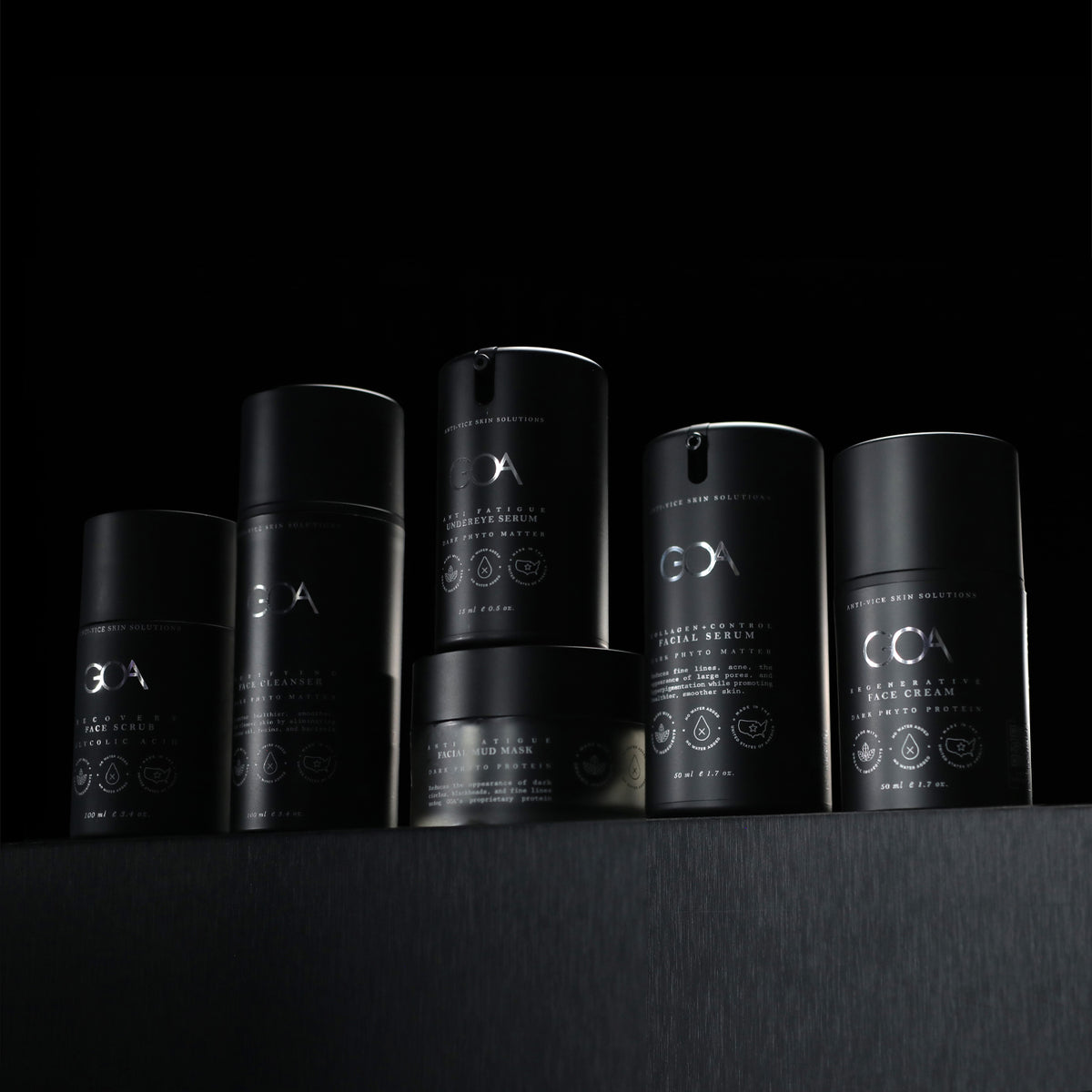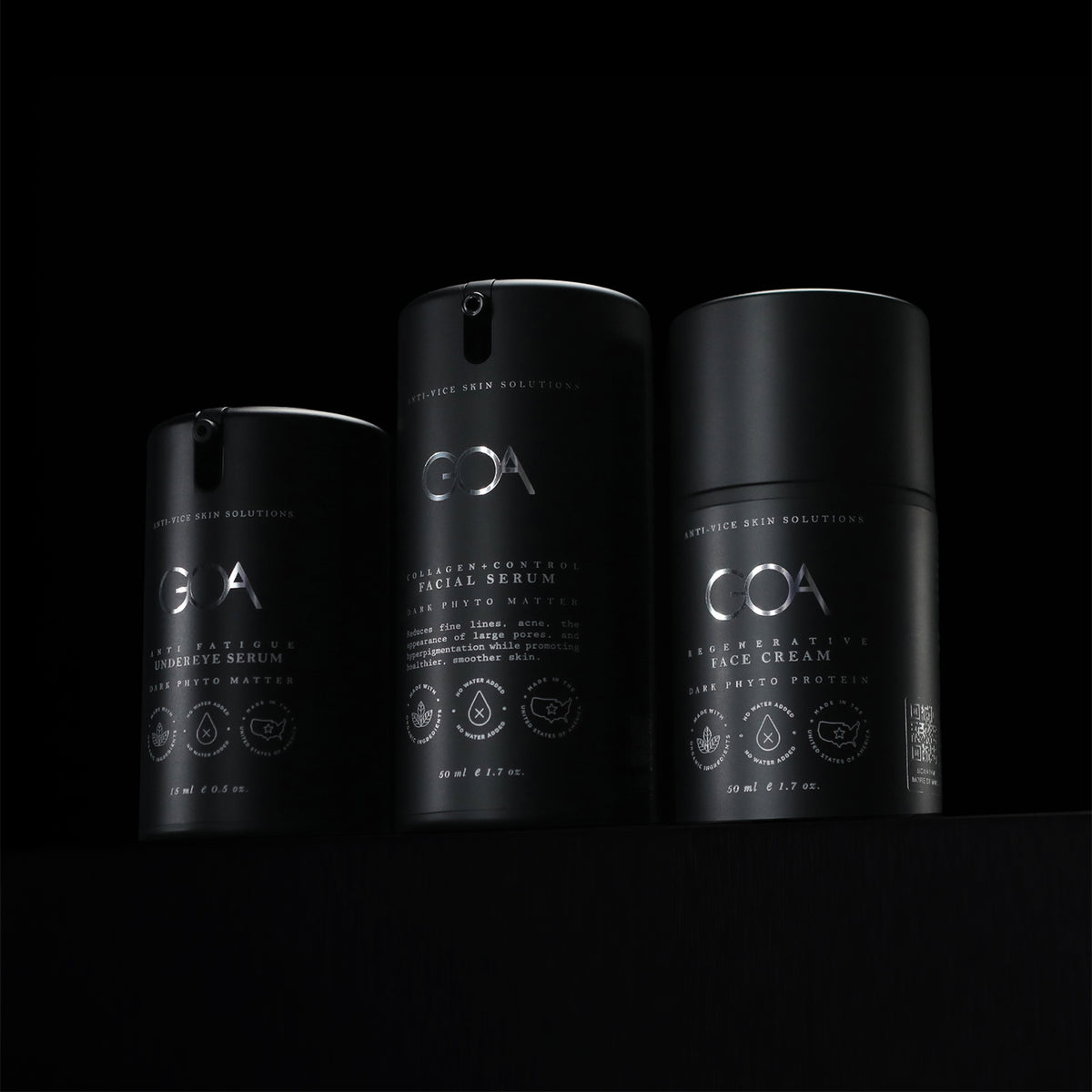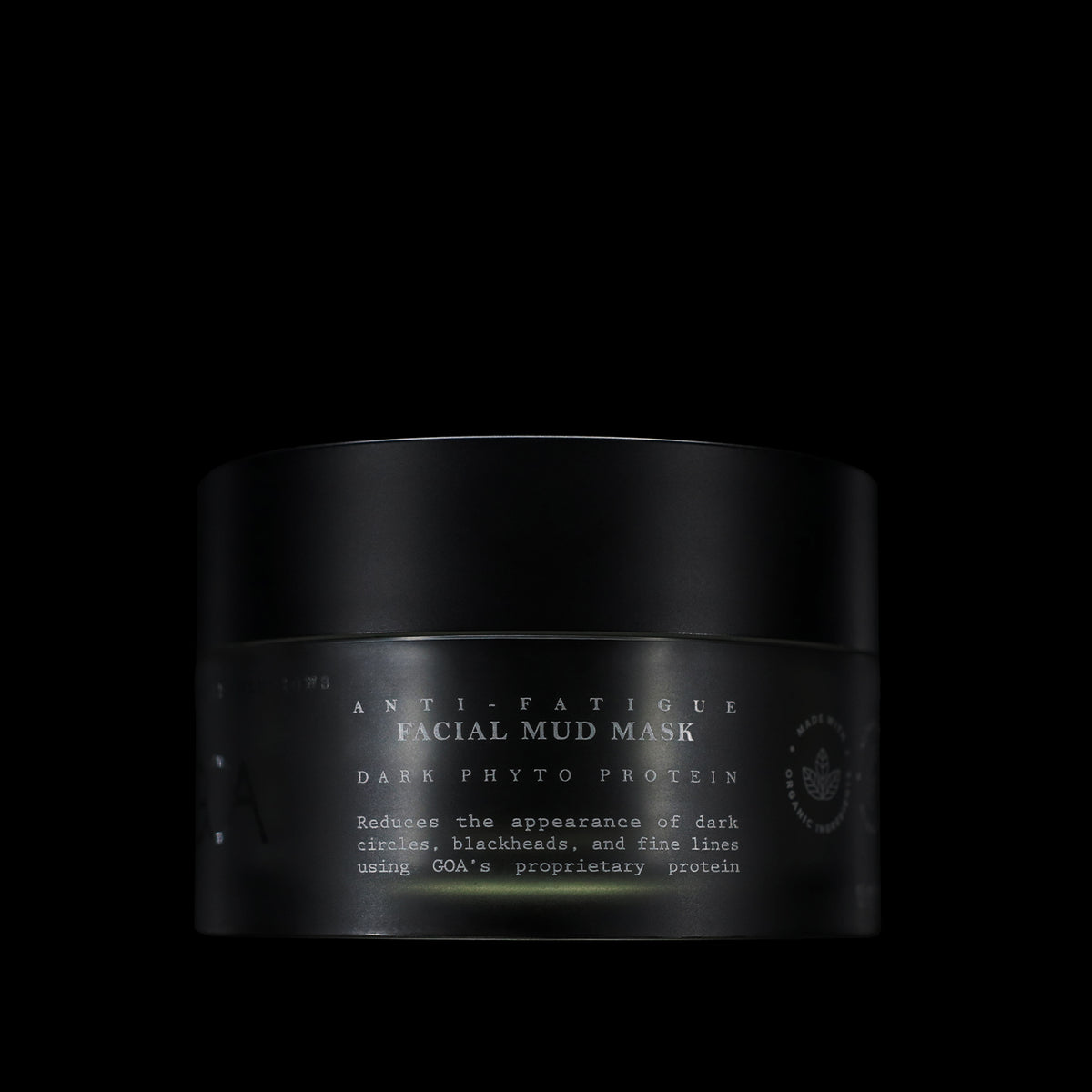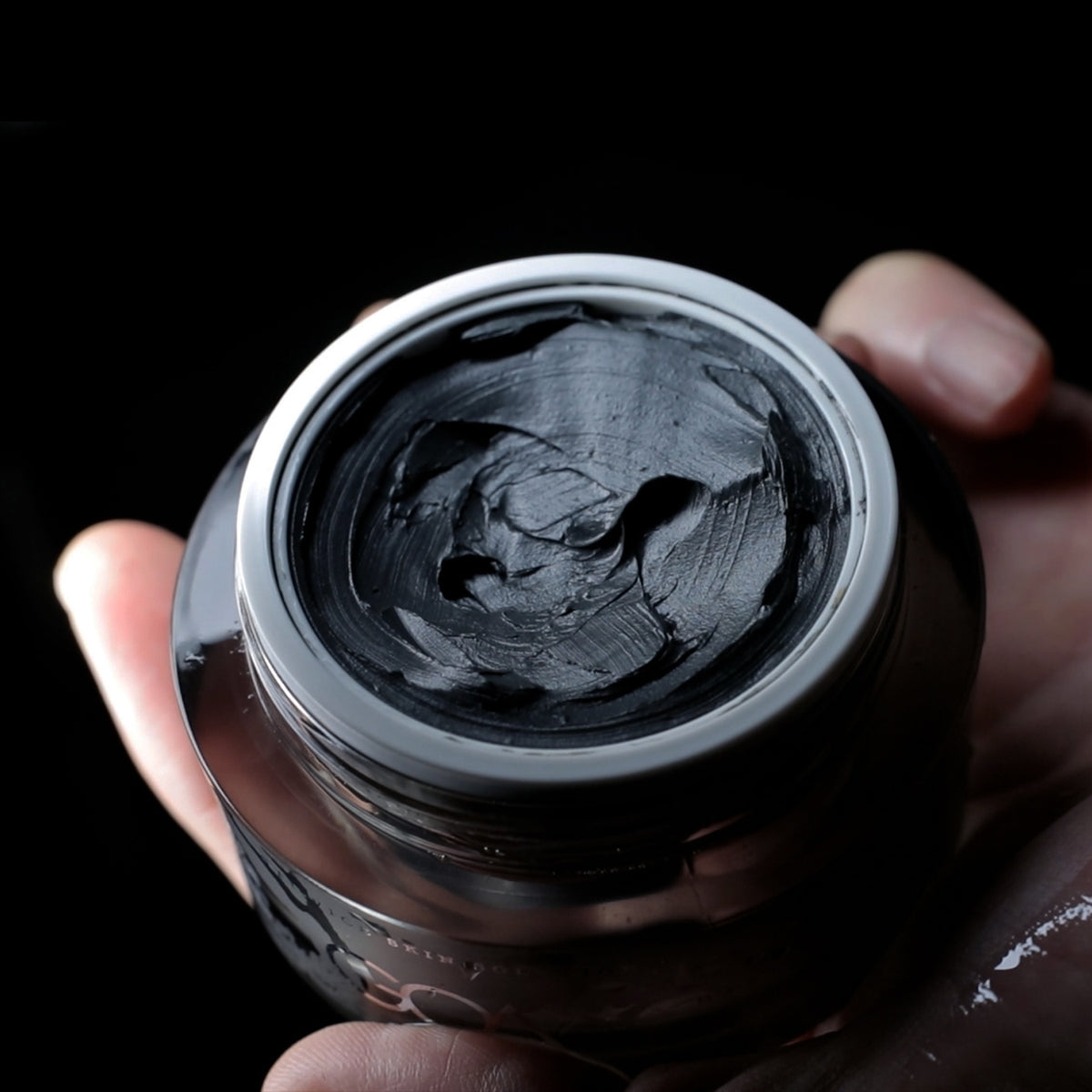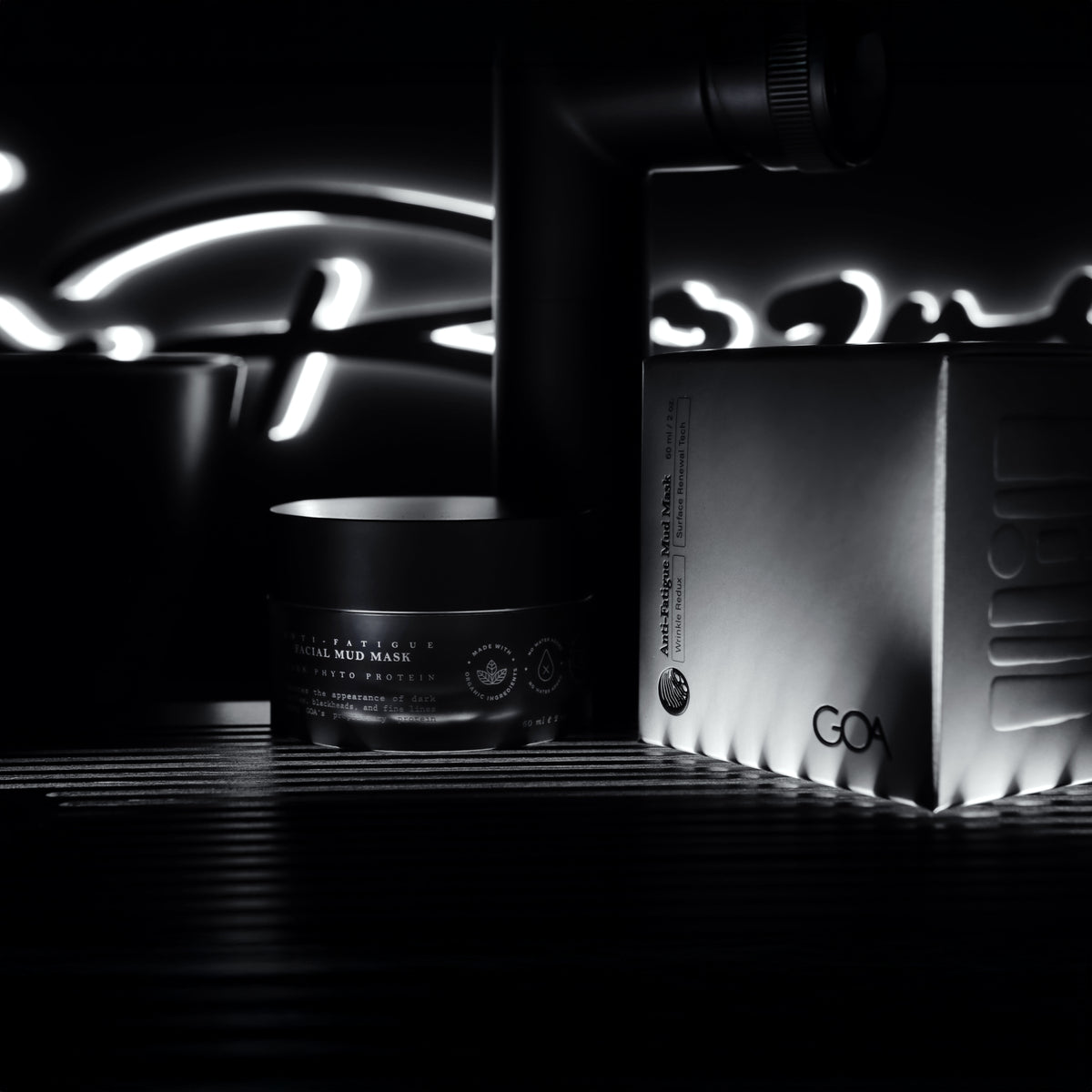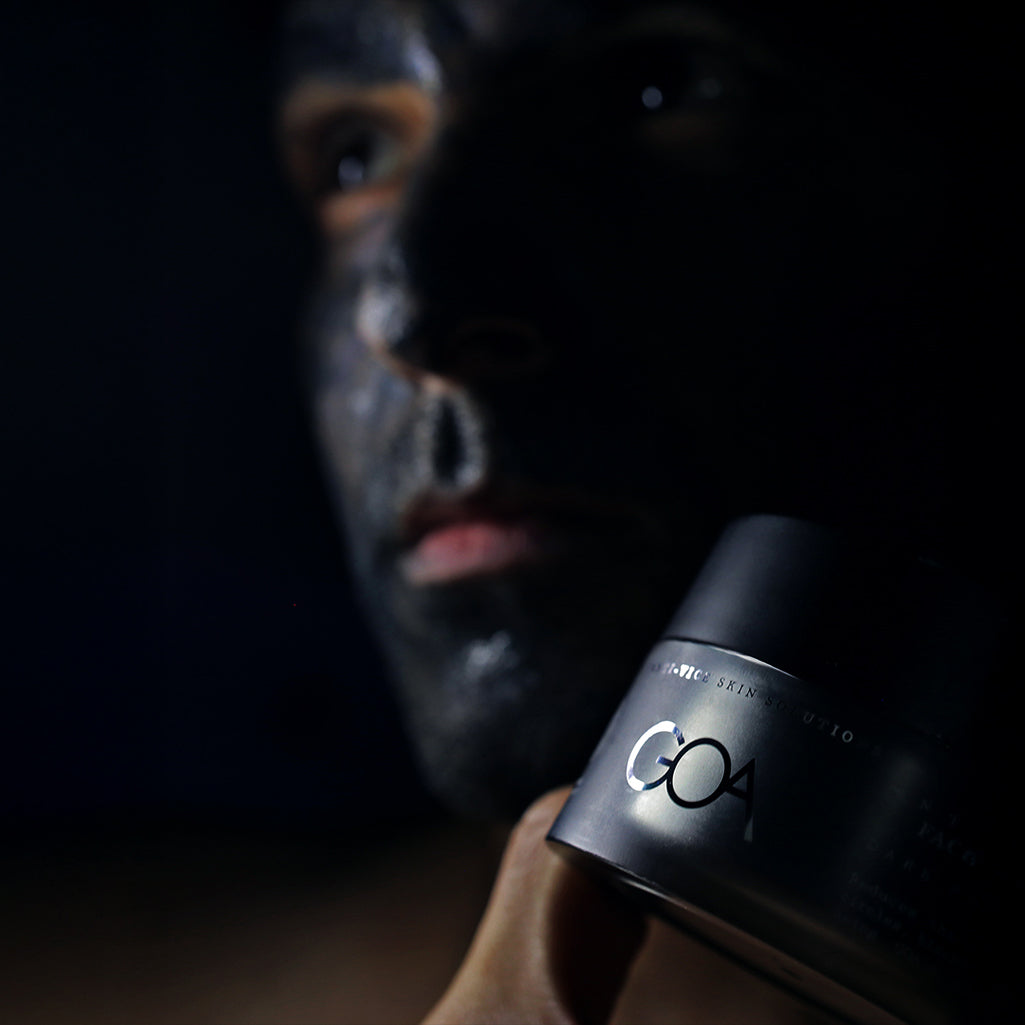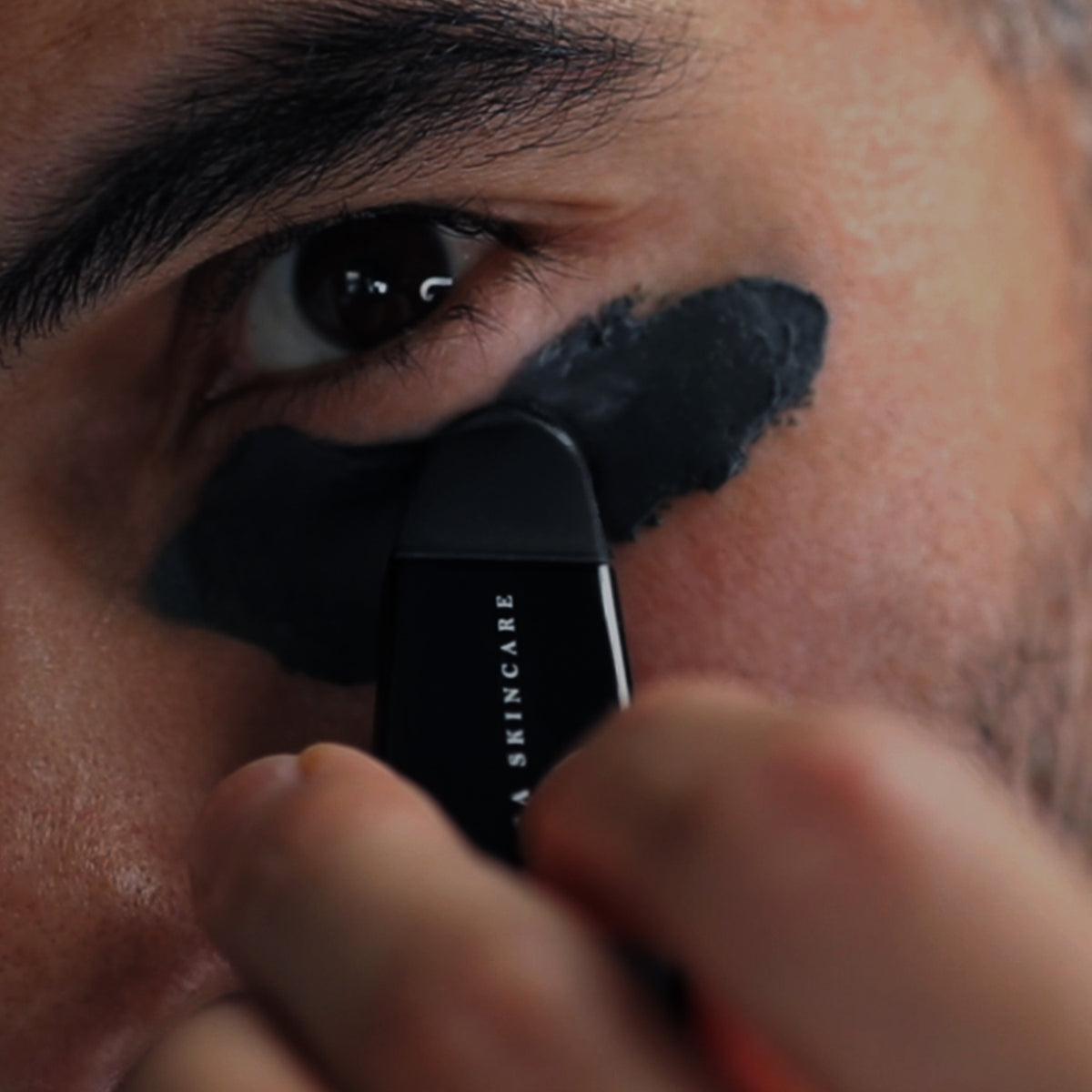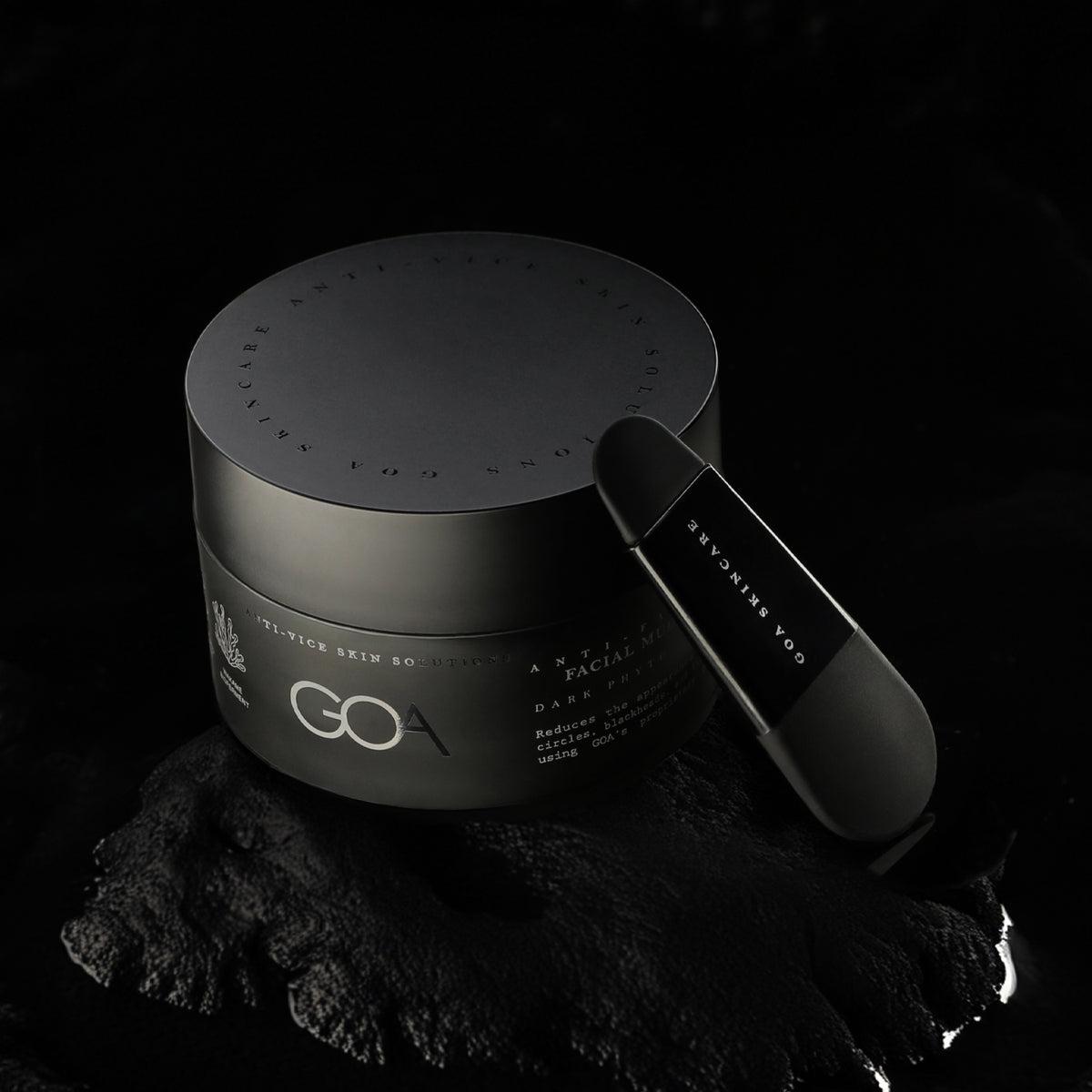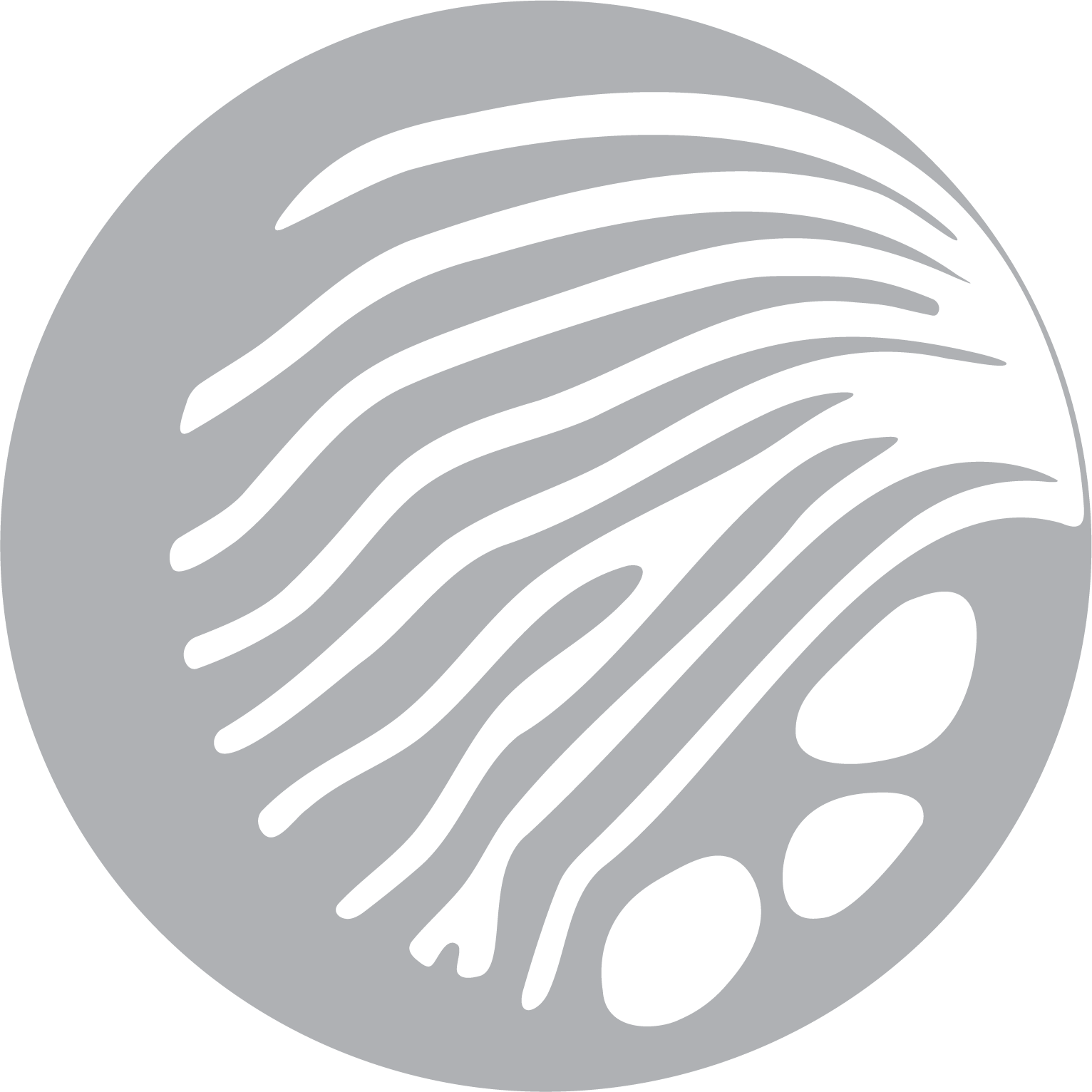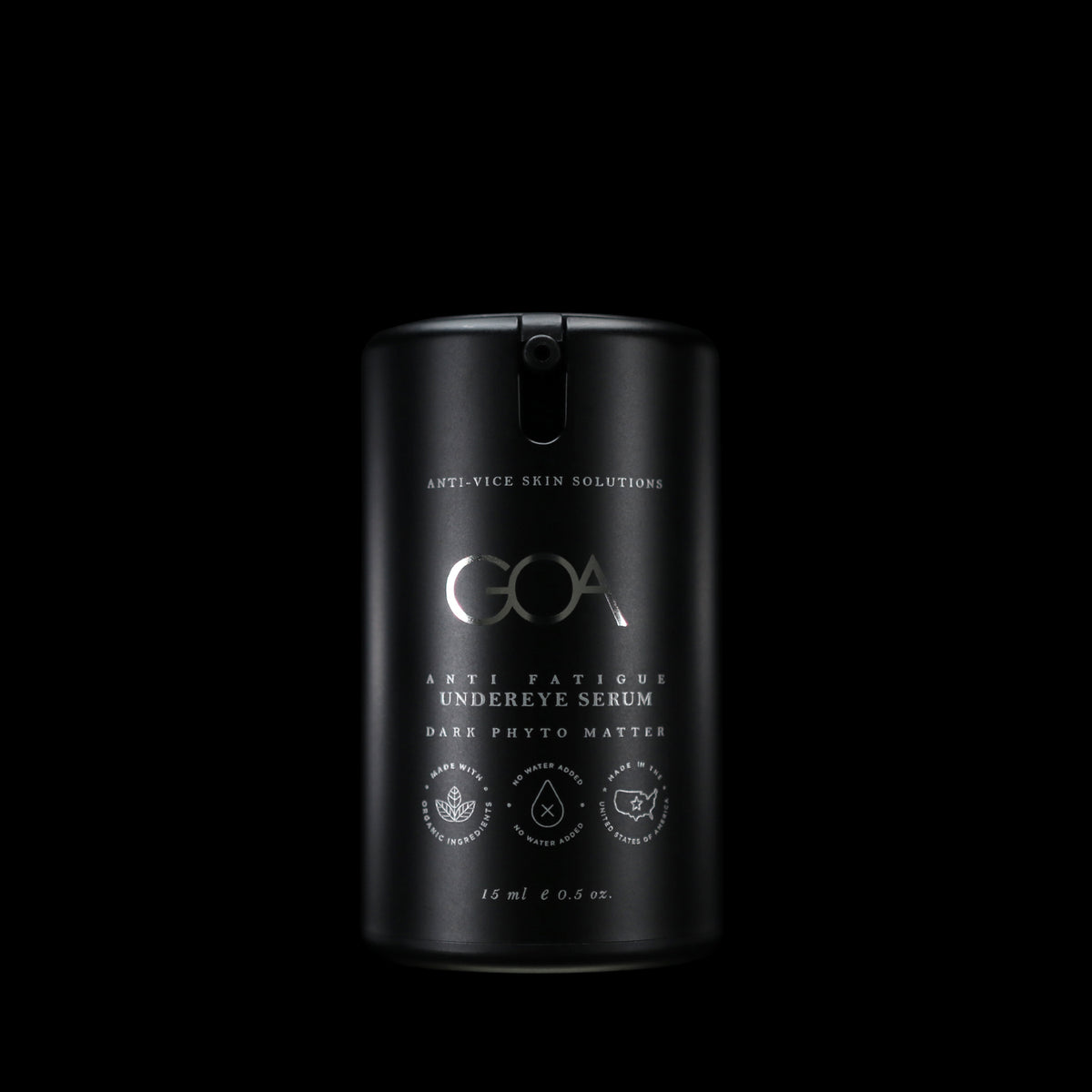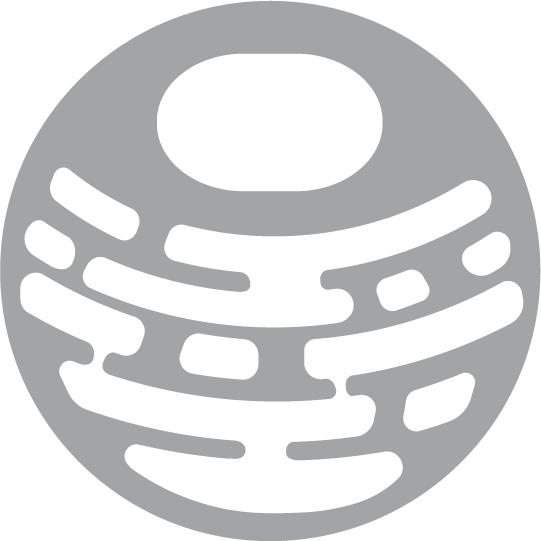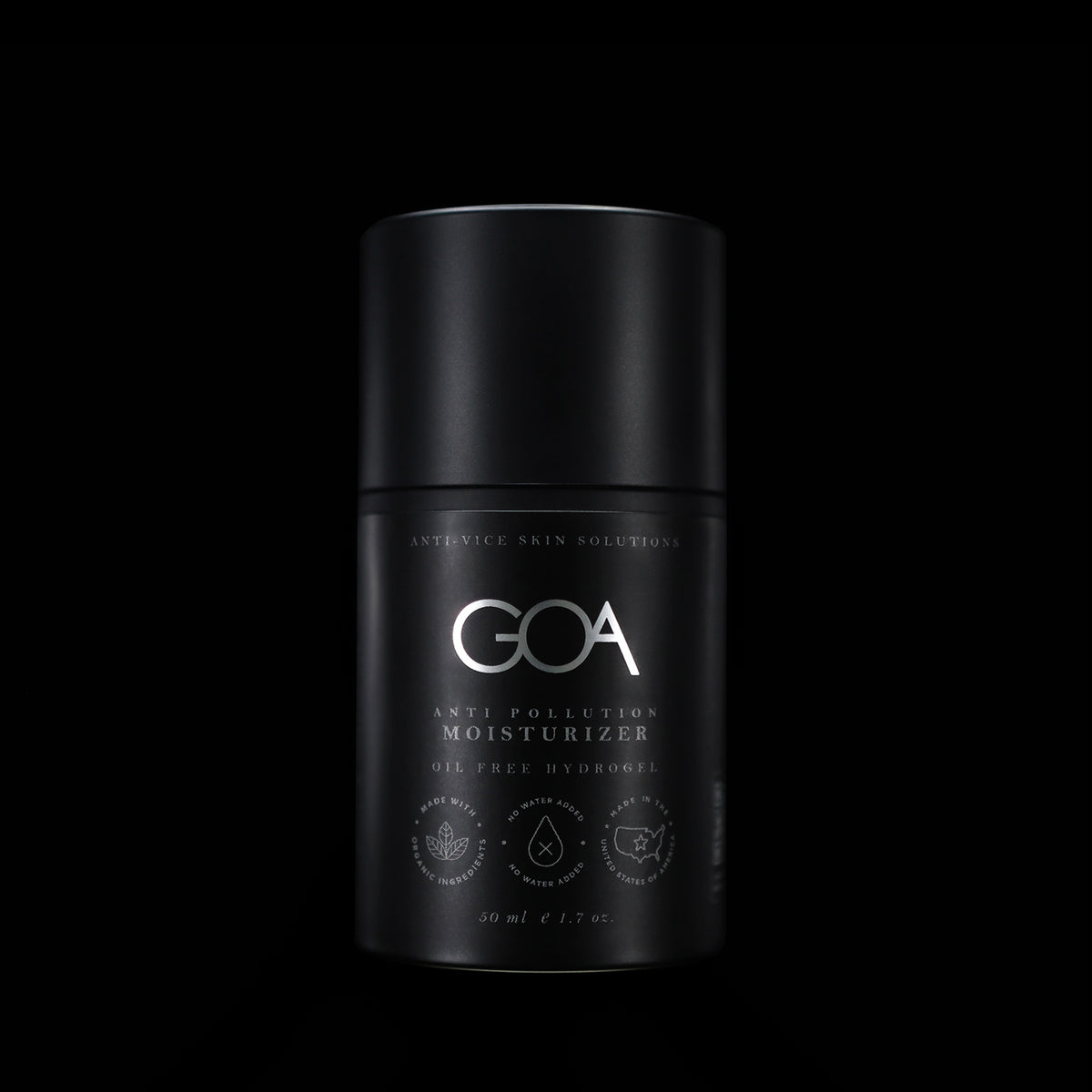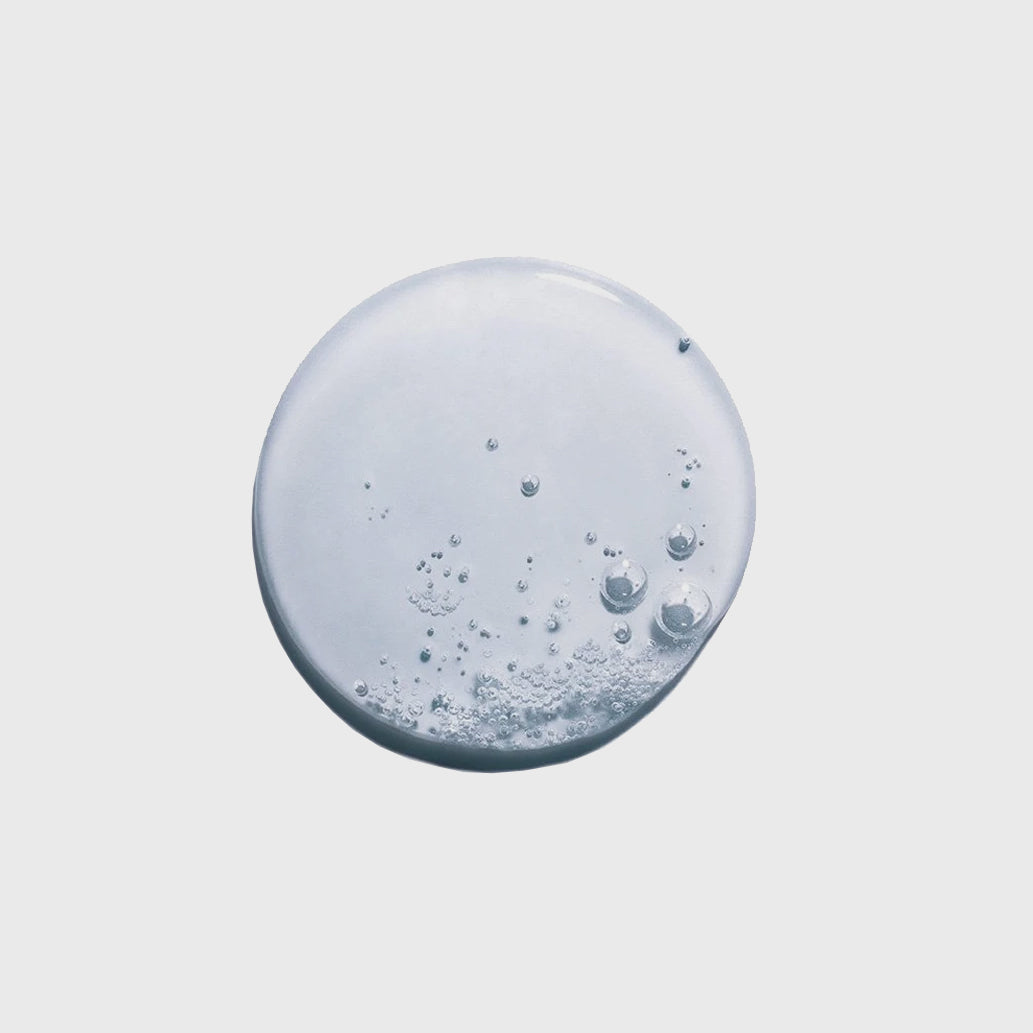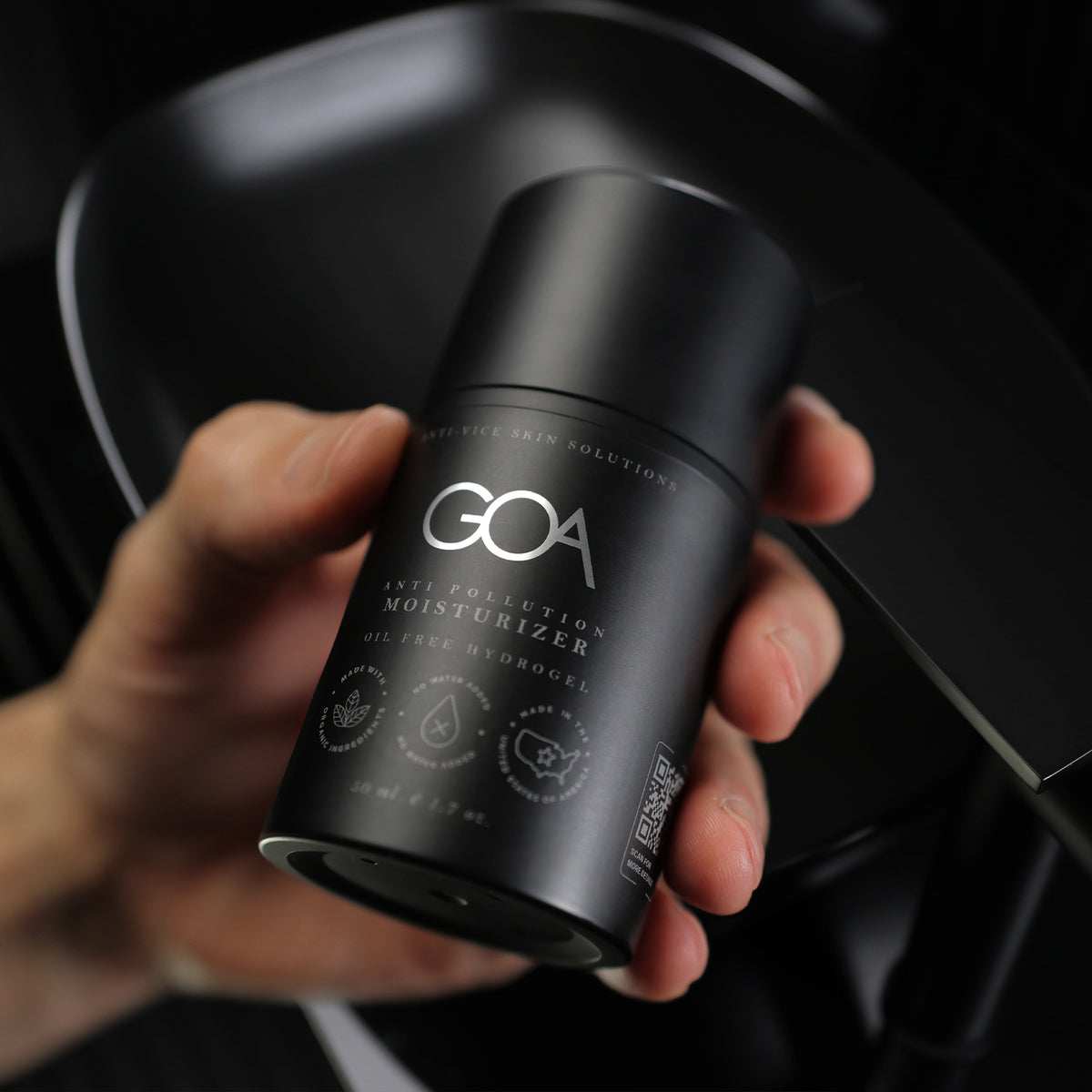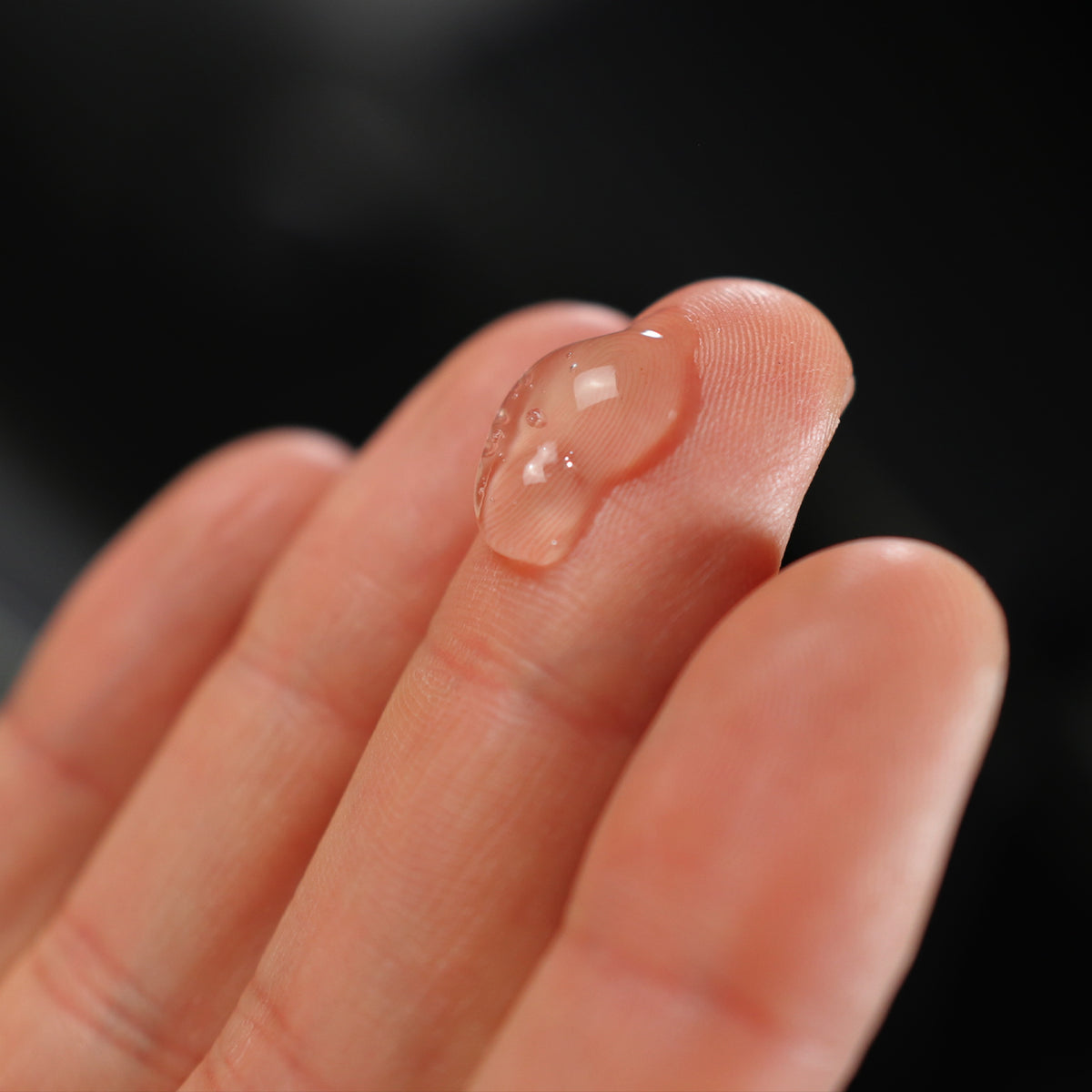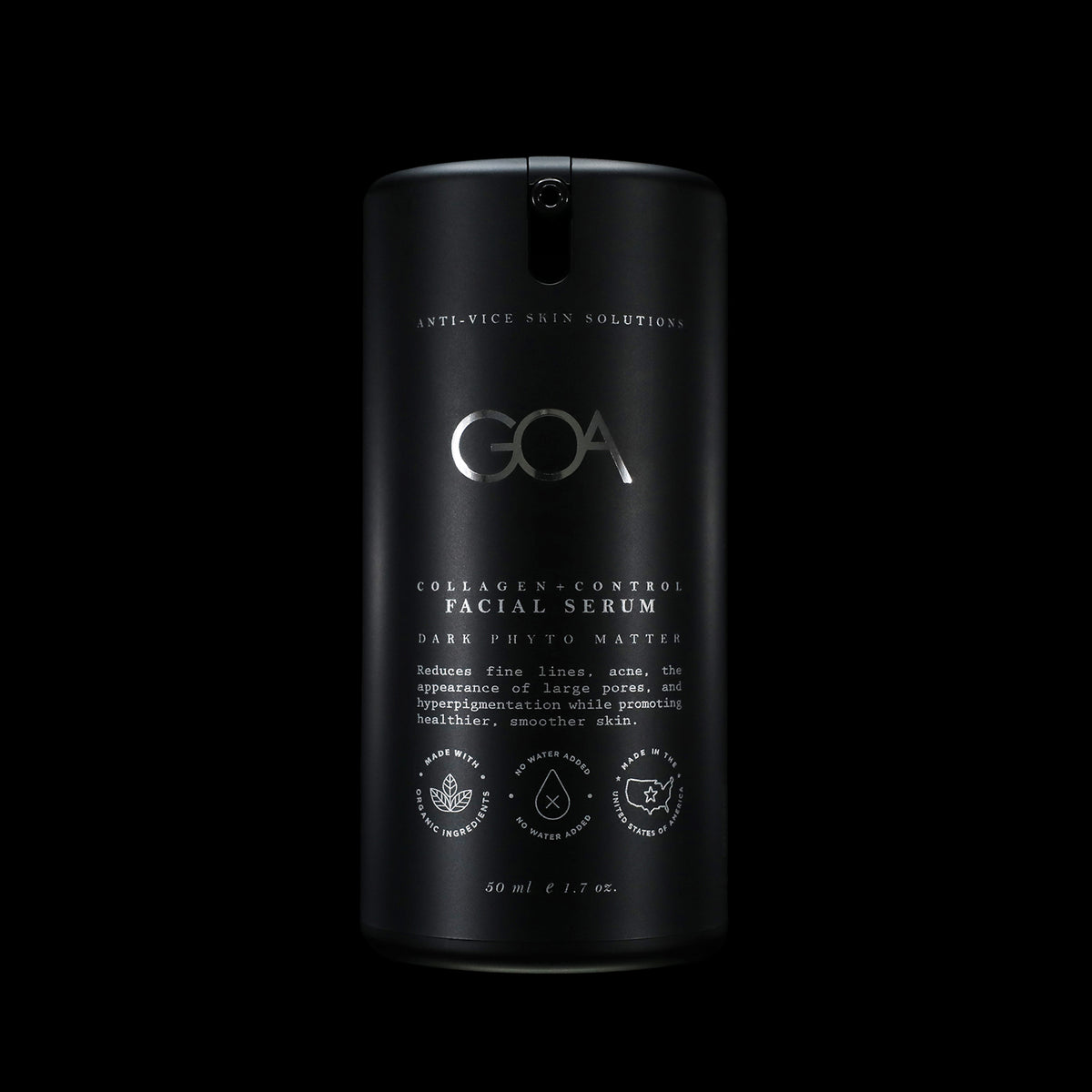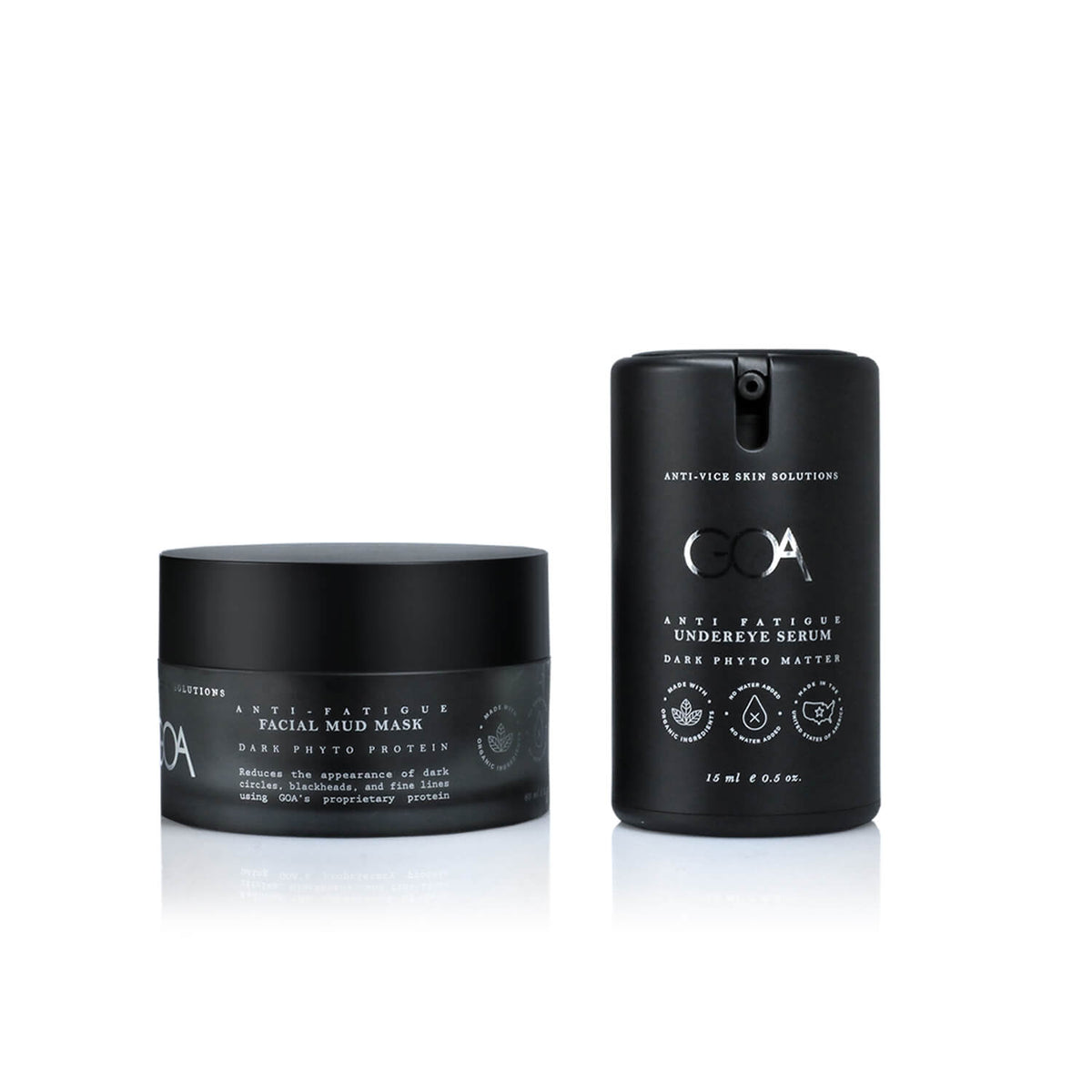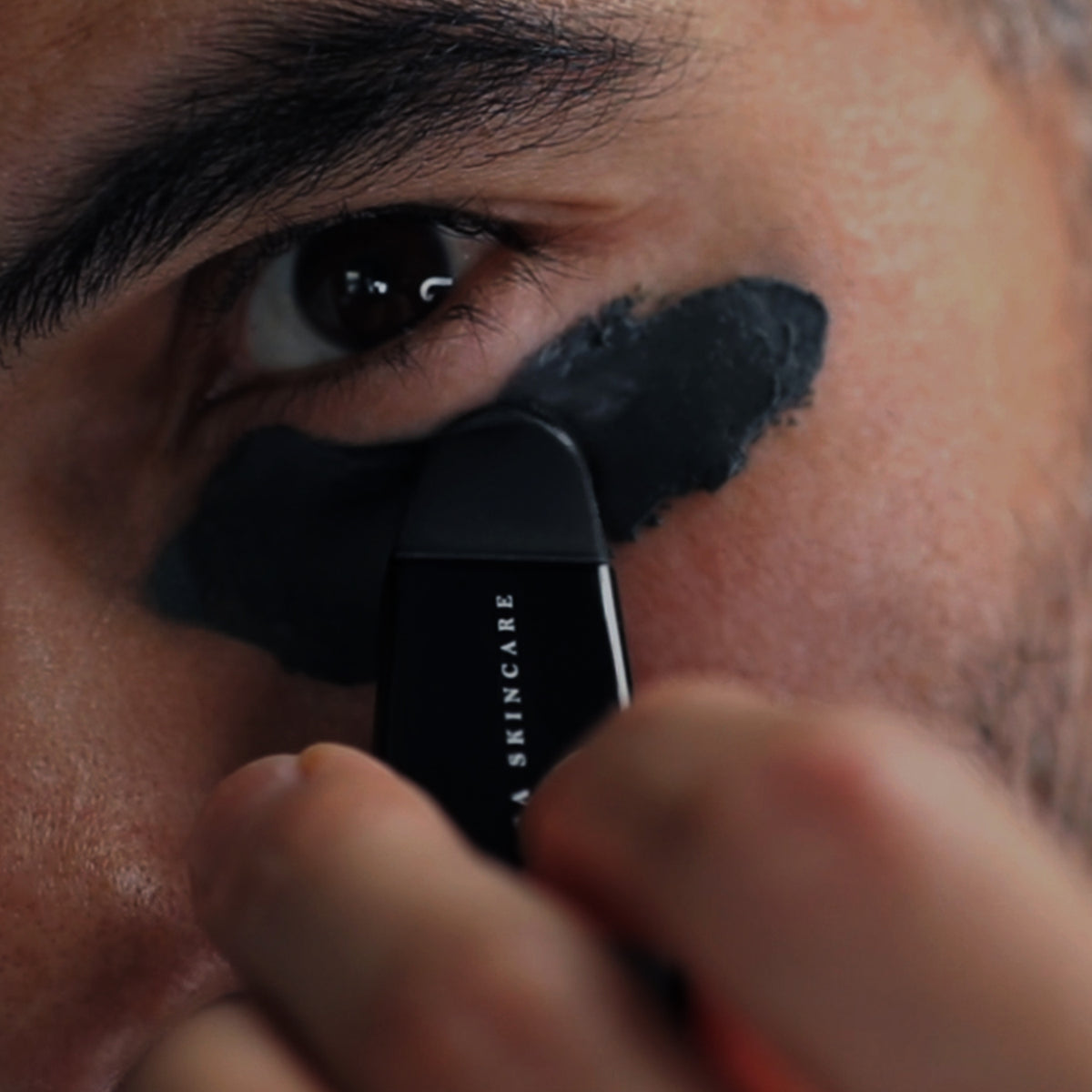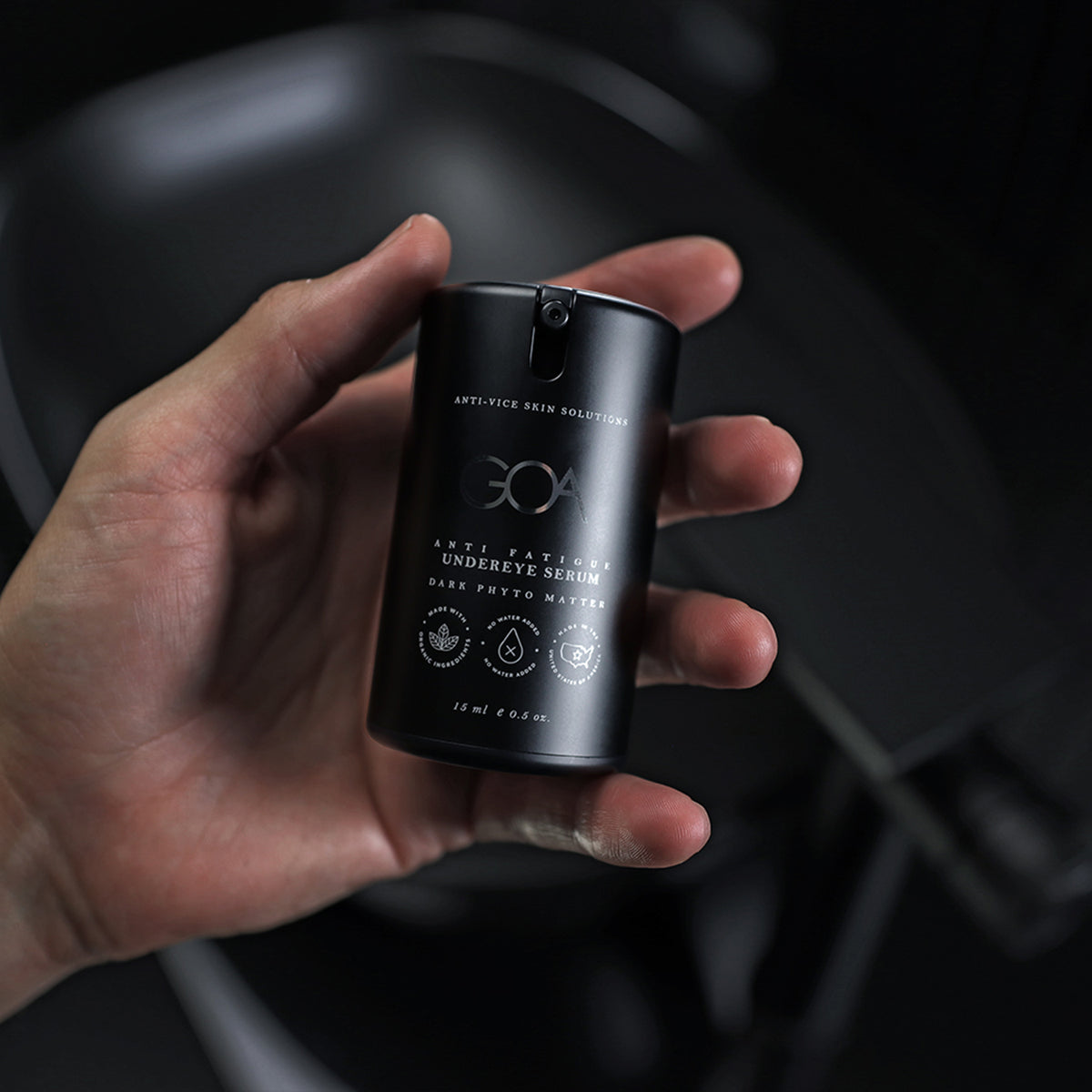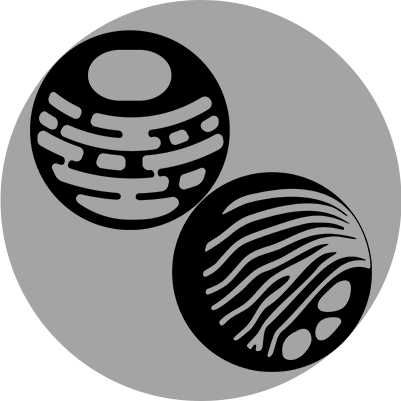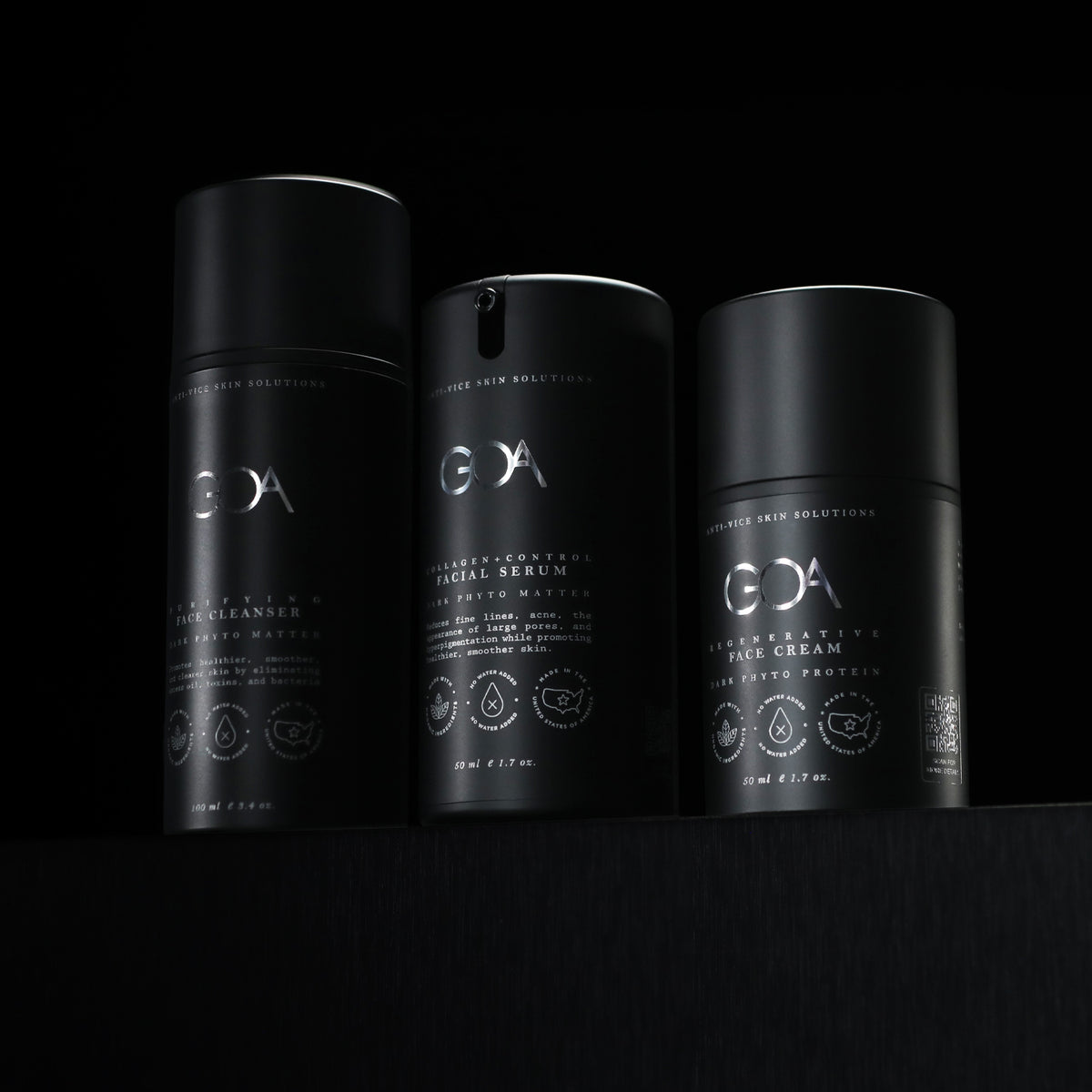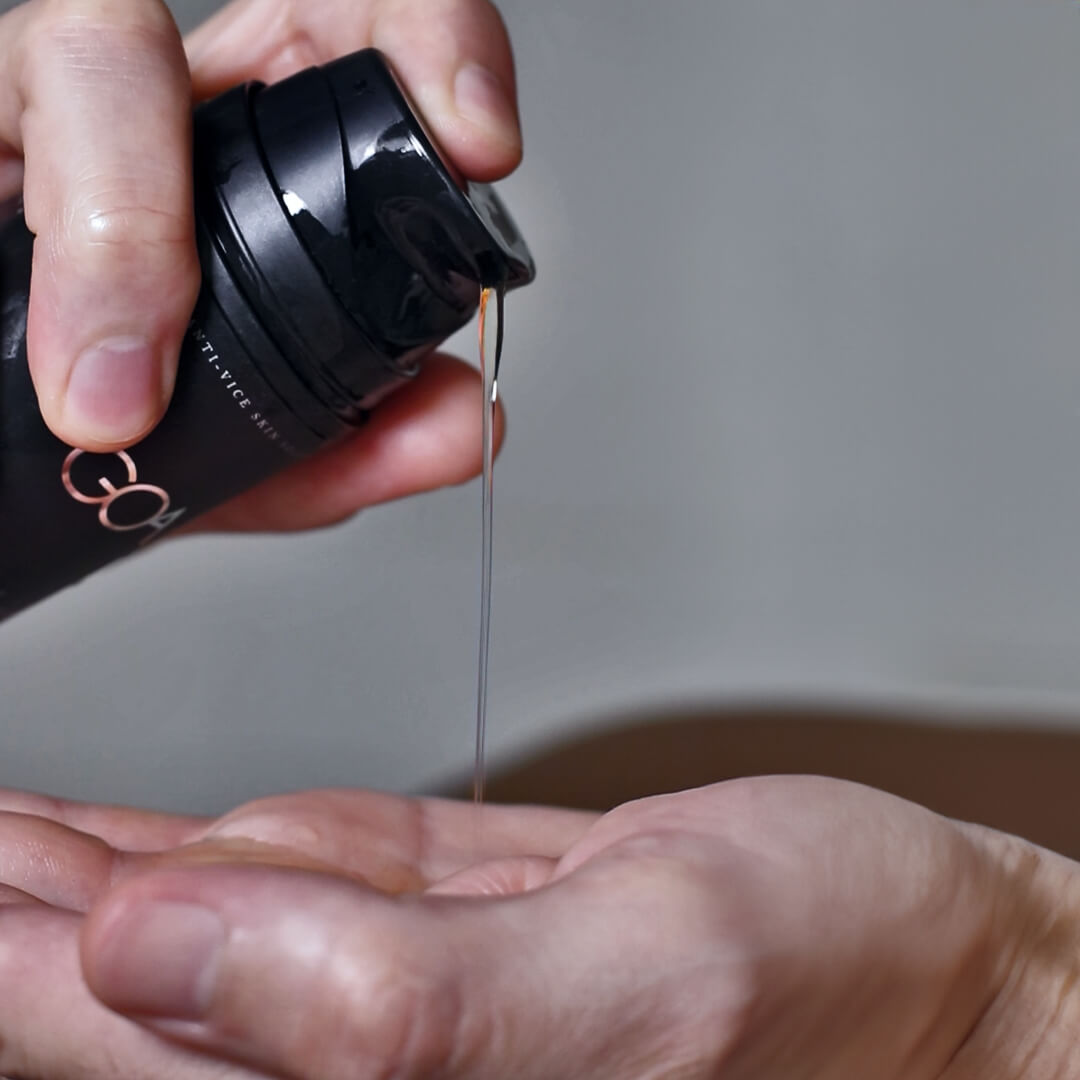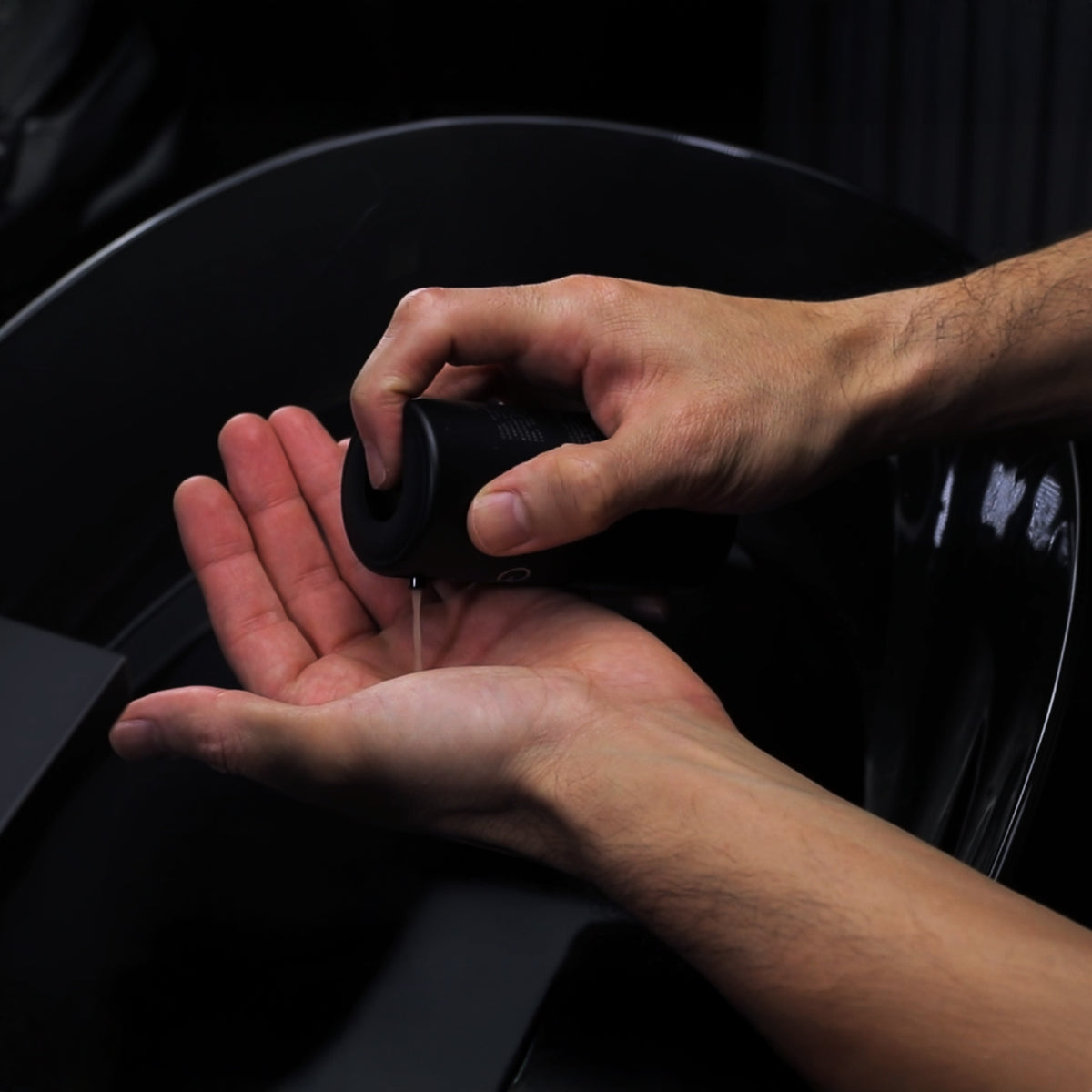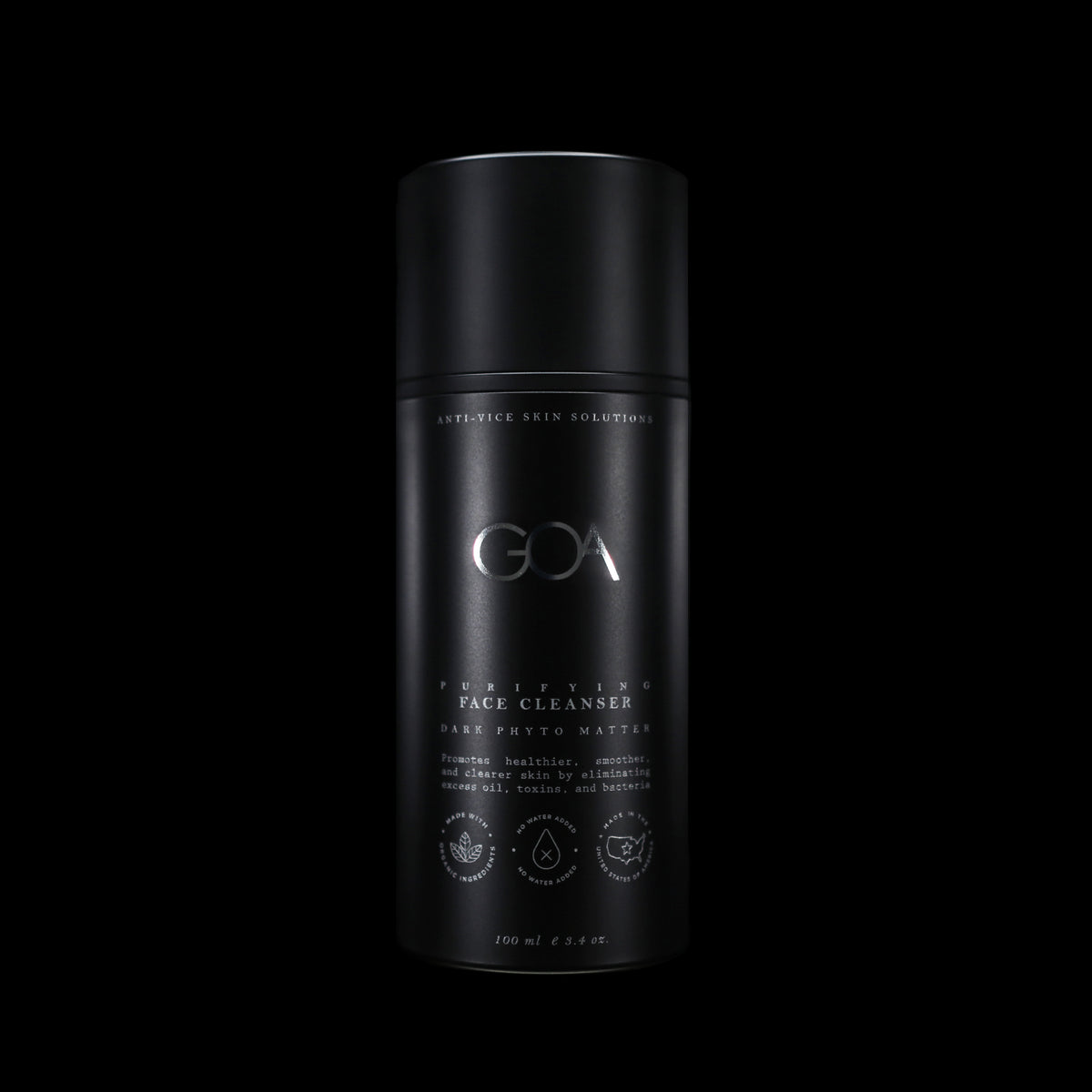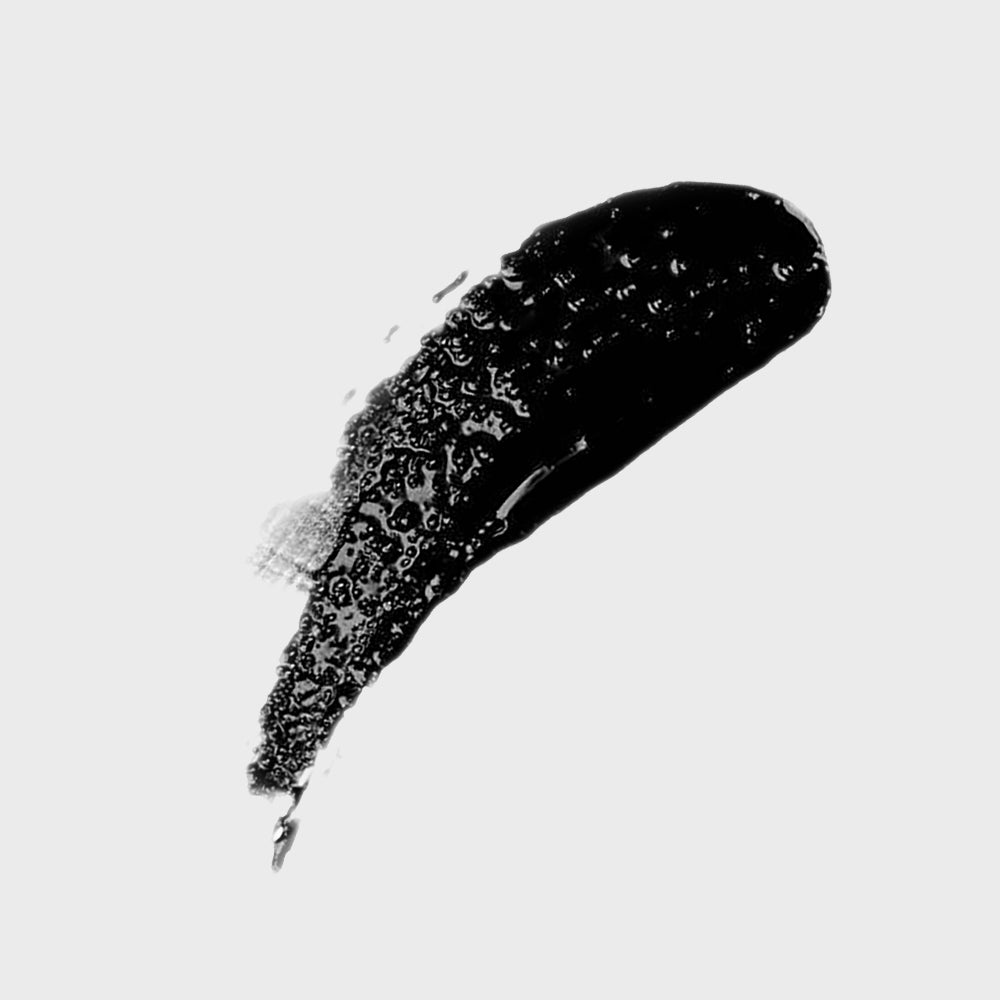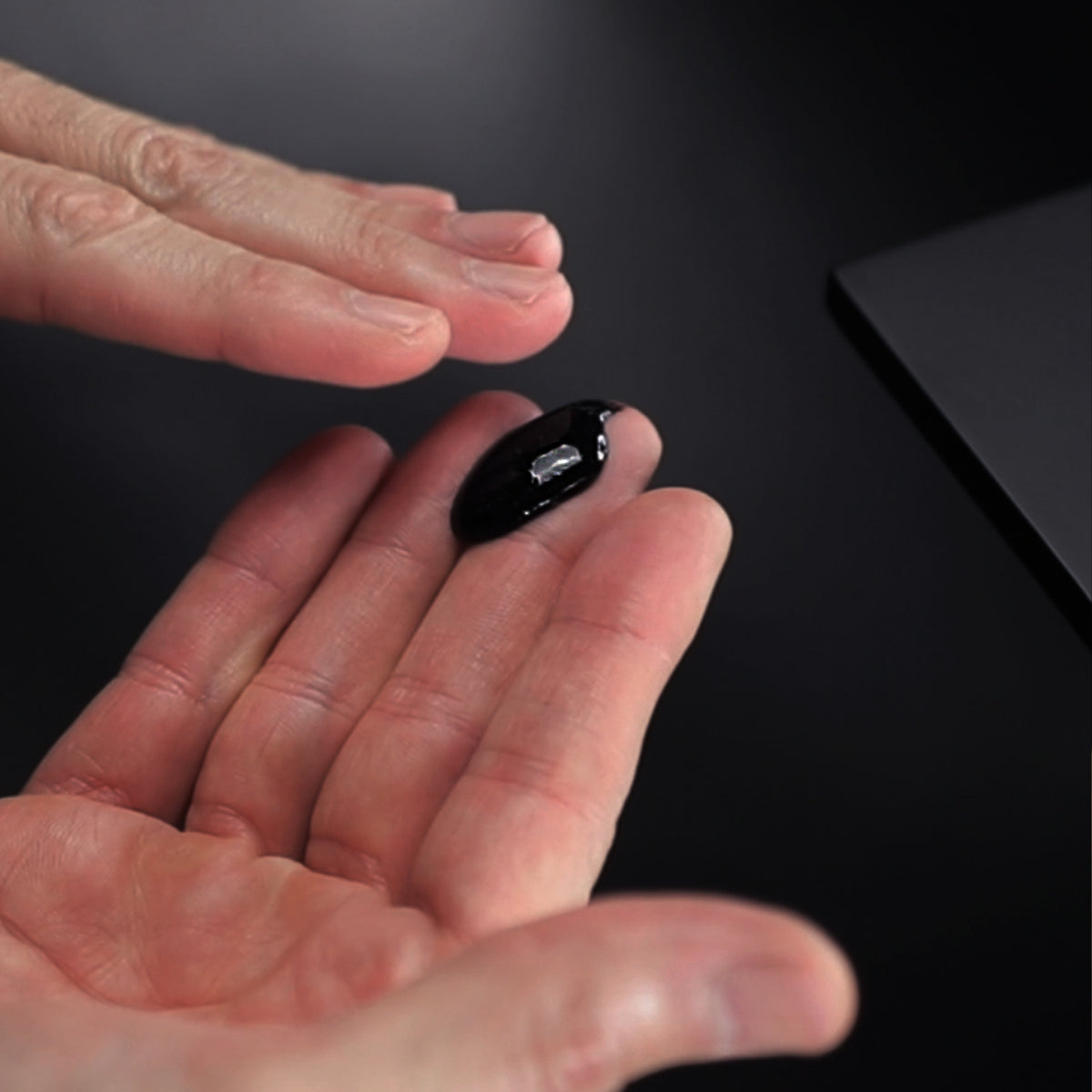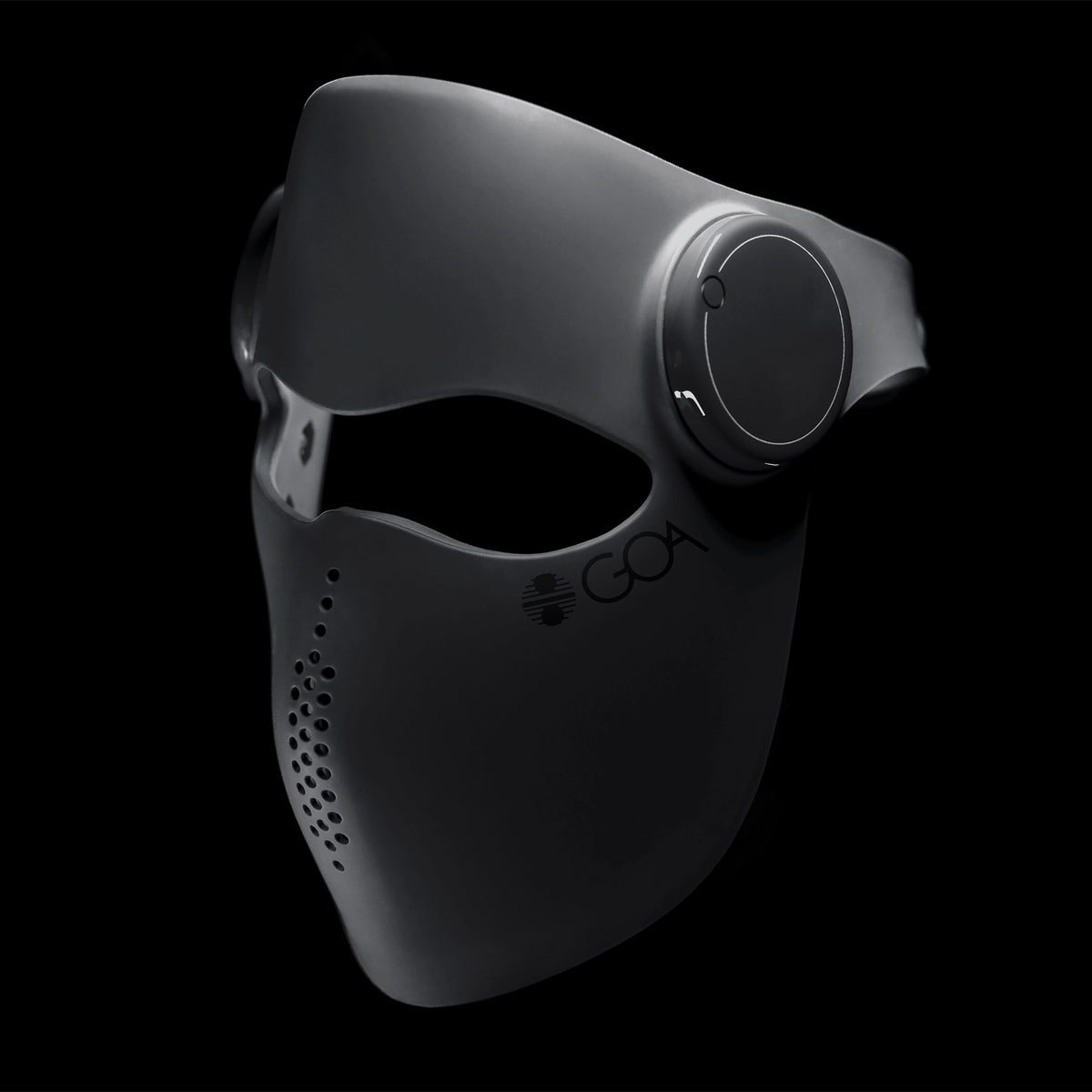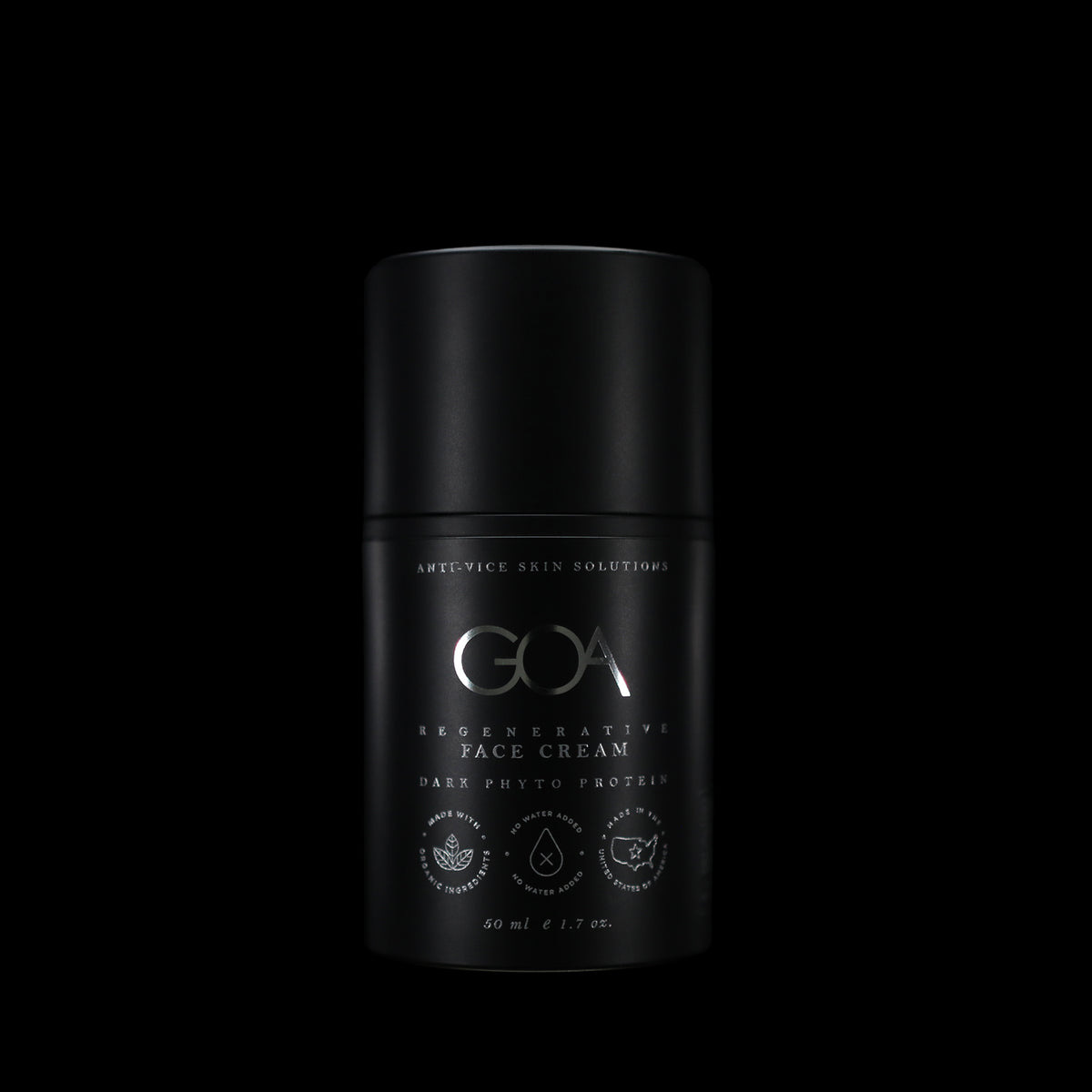Anxiety initiates a clear cascade of hormonal signals that affect skin health. When stress is experienced, the brain releases specific hormones that can change the way your skin functions. Recent studies show that incorporating self-affirmation techniques and positive mindset practices may reduce stress hormone release and support skin wellness. This article explains the biological process and offers actionable, updated strategies.
Clarifying Anxiety vs. Stress
Anxiety refers to a persistent state of internal worry, while stress is the body's immediate response to external challenges. Although both involve similar hormonal cascades, stress typically has a clear trigger and is short-lived, whereas anxiety persists even without an obvious cause. This distinction is important for understanding how both contribute to skin changes.
//
The Biological Pathway from Anxiety to Skin Changes
When stress occurs, the brain activates a series of responses. The process involves several key hormones:
Corticotropin-Releasing Hormone (CRH):
The brain’s hypothalamus releases CRH when stress is detected. This hormone initiates the next steps in the stress response.
Adrenocorticotropic Hormone (ACTH):
CRH signals the pituitary gland to produce ACTH. ACTH then communicates with the adrenal glands.
Cortisol and Adrenaline:
In response, the adrenal glands release cortisol and adrenaline.
-
Cortisol influences metabolism, immune response, and inflammation.
-
Adrenaline increases blood flow and energy mobilization.
These hormones circulate in the body and bind to receptors on skin cells. Cortisol can lower the production of proteins that support the skin barrier, while both hormones promote the release of inflammatory cytokines. The result is a shift in oil production, increased sensitivity, and changes in skin renewal.
The Role of Self-Affirmation and Positive Mindset
Recent research indicates that self-affirmations and positive self-talk can help regulate the stress response. These practices may reduce the activation of the amygdala, a key region in processing stress, and help moderate cortisol release. Here’s how:
Cognitive Reappraisal:
Engaging in self-affirmation encourages a positive reinterpretation of stressors. This change in perspective may lower perceived stress levels, reducing the intensity of the hormonal response.
Activation of Reward Pathways:
Positive affirmations can stimulate the release of endorphins and oxytocin, hormones that counterbalance stress. These hormones promote feelings of well-being and calm, potentially leading to a more balanced skin response.
Mind-Body Connection:
A consistent practice of self-affirmations supports an overall sense of self-efficacy. When the mind feels empowered, the overall stress response can be more effectively managed, benefiting skin health.
Updated Strategies for Managing Anxiety-Related Skin Changes
Combining lifestyle practices, self-affirmation techniques, and targeted skincare can help support healthy skin during periods of stress.
Stress-Reduction Techniques
Engage in Regular Exercise:
Moderate physical activity helps regulate cortisol levels and boosts endorphin production. Incorporate a mix of cardio and strength training to support overall hormonal balance.
Practice Mindfulness and Meditation:
Daily mindfulness sessions or guided meditation lower stress hormone levels. Integrate short breathing exercises into your routine to promote calm.
Adopt Self-Affirmation Practices:
Develop a daily habit of self-affirmation. Use simple, positive statements that remind you of your strengths and achievements. For example, "I handle challenges with clarity" or "I am capable of overcoming stress." This practice can help reduce the activation of stress pathways in the brain.
Maintain a Consistent Sleep Schedule:
Quality sleep supports hormonal balance and aids in skin repair. Create a bedtime routine that encourages relaxation and minimizes interruptions.
Optimize Your Diet and Hydration:
A diet rich in antioxidants and omega-3 fatty acids helps reduce inflammation. Incorporate colorful vegetables, fruits, nuts, and fish into your meals, and maintain proper hydration to support skin barrier function.
Skincare Approaches
Apply Moisturizers with Cortisol-Reducing Ingredients:
New ingredients like Neurophroline reduce cortisol effects, helping restore the skin barrier, maintain hydration, and block irritants.
//
Quick-Reference Table: Hormones, Self-Affirmation, and Strategies
|
Component |
Function and Benefit |
|
CRH, ACTH, Cortisol, Adrenaline |
Drive the stress response affecting inflammation and oil production. |
|
Self-Affirmation Techniques |
Lower perceived stress and modulate cortisol release through positive cognition. |
|
Physical Activity |
Reduces cortisol and boosts endorphins for a balanced stress response. |
|
Mindfulness & Meditation |
Supports a calm state and helps regulate hormone levels. |
//
The Future of Stress Mediation: A Look Ahead
Recent research is starting to bridge digital health and skincare in innovative ways. For example, studies in early 2023 have explored integrating wearable stress sensors with immediate digital mindfulness interventions, which can help lower cortisol levels in real time. Another emerging area involves “smart” skincare formulations designed to adjust their activity based on detected stress markers, aiming to counteract inflammation and barrier disruption as they happen. While these are still in pilot or clinical trial stages, they suggest a promising shift toward proactive, data-driven approaches in managing stress and its effects on the skin.



















